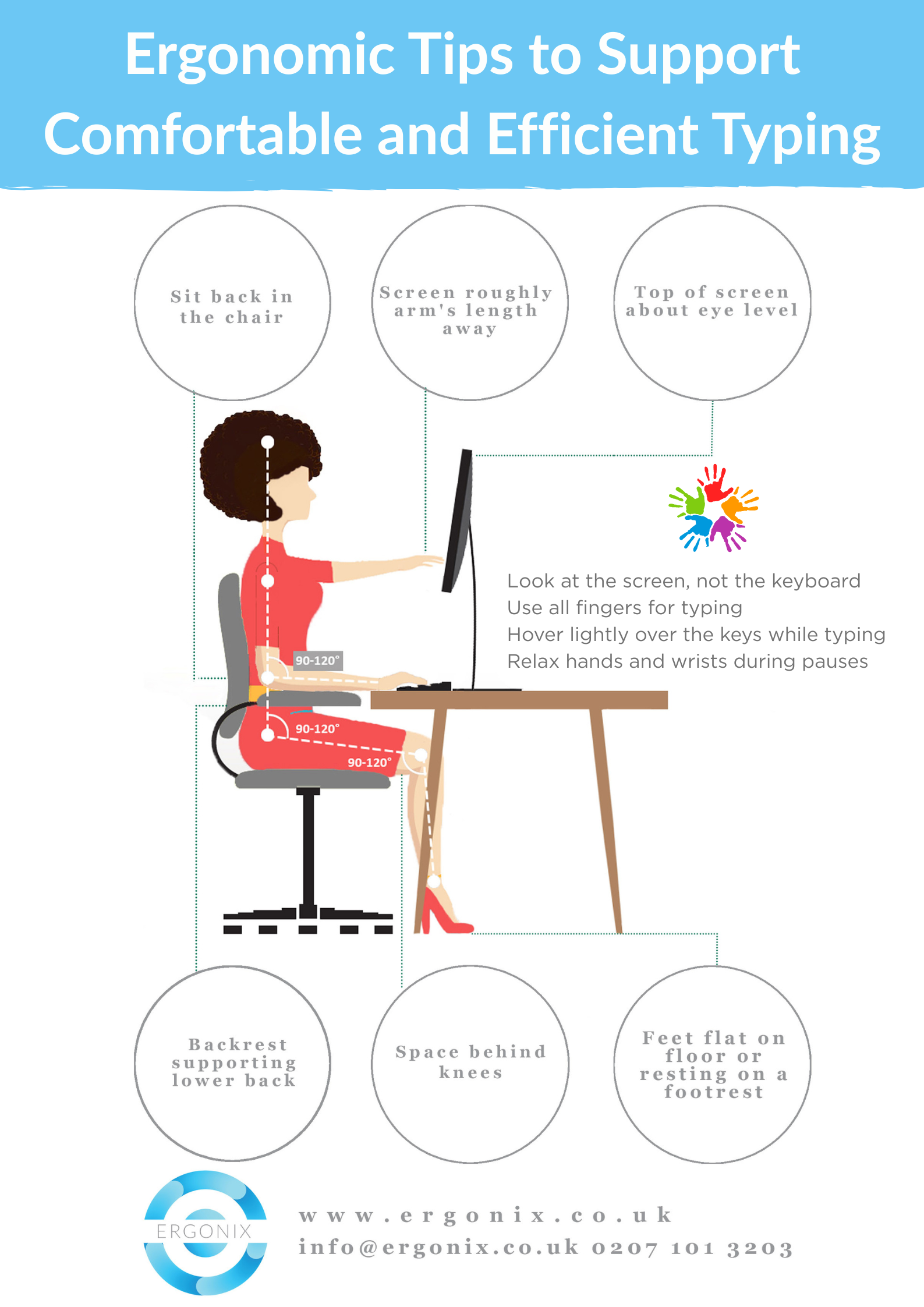 Feeling ‘stressed’ is something that can easily affect us all in some way. Sometimes we find ourselves in a situation where we’re struggling to keep up with the demands of day-to-day life, juggling family life, work, hobbies and much more on top of that.
Feeling ‘stressed’ is something that can easily affect us all in some way. Sometimes we find ourselves in a situation where we’re struggling to keep up with the demands of day-to-day life, juggling family life, work, hobbies and much more on top of that.
With April marking Stress Awareness Month, organised by the Stress Management Society, we are asking the questions – what does stress actually mean and what impact can it have?
According to the NHS, stress is “the body’s reaction to feeling threatened or under pressure”. Feeling stressed is very common and can be helpful in achieving our goals. However, experiencing a lot of stress over a long period of time can have a negative impact on us. When our bodies experience changes or challenges that are stressful or frightening we go into ‘fight-or-flight’ mode, which prepares us to respond to ‘danger’ and manage sudden stressful events.
During fight-or-flight mode, we produce increased levels of the chemicals (adrenaline, noradrenaline and cortisol). This leads to physical side effects including increased blood pressure, sweating and heightened alertness.
According to the results of one of the largest studies of stress levels carried out in the UK, undertaken by YouGov on behalf of the Mental Health Foundation in 2018, 74 per cent of people have felt so stressed that they have been overwhelmed or unable to cope.
In 2021, the Stress Management Society discovered that 65 per cent of people living in the UK have felt more stressed since COVID-19 restrictions were introduced in March 2020.
Small amounts of stress in our daily lives can actually be positive – it can help to keep us motivated to complete tasks, as well as make us feel alive and excited. But prolonged stress or the inability to cope with daily stresses can have a significant impact on a person’s life and well-being.
What are the main signs of stress?
Symptoms can be physical and mental and may include:
- Being frustrated, moody or irritable
- Feeling overwhelmed
- Struggling to switch off and relax your mind
- Isolating yourself from others
- Headaches
- Trouble with sleeping
- Feeling constantly tired
- Eating more or less than usual
- Aches, pains and tension in the muscles
- Rapid heart rate and chest pains
Different people respond to stress in different ways and what might be a stressful situation for one person, might not be for another. Home life, relationships or a traumatic event can be triggering factors for stress, but often a leading factor in many people is work.
According to the Health and Safety Executive’s (HSE) work-related stress, anxiety or depression statistics, released in December 2021, the total number of cases of work-related stress, depression or anxiety in 2020/21 was 822,000. In the same period stress, depression or anxiety accounted for 50 per cent of all work-related ill health cases.
Some of the reasons people experience stress in the workplace include being unable to cope with the demands of their job, not receiving enough support, they don’t fully understand what is required of them or they have strained relationships with colleagues.
Whether you’re experiencing stress in relation to your work or home life, there are things you can put in place to help keep your stress levels lower and prevent longer-term damage to your physical and mental health. These include:
Recognise your triggers – try to work out what is causing you to feel stressed and determine what you can and cannot change. Learning to let go of the things you can’t change can help to reduce stress, as well as make a conscious effort to work on the things you can.
Be active – exercise can help to reduce your stress levels by releasing ‘happy’ hormones, as well as clearing your mind and providing you with something else to focus your mind on.
Eat healthily – consuming a healthy, balanced diet can help to combat stress, including cutting down on caffeine and alcohol intake.
Have a support network around you – opening up to family and friends can often help to ease your stresses and provide you with an opportunity to find solutions to the problems you’re facing.
Take some time to yourself – if you’re feeling pressured and feel like you don’t get any time to yourself, make a conscious effort to take a step back and have some time doing the things you enjoy.
Create some goals – set yourself some goals or challenges of things you’ve always wanted to achieve. This can help to increase your confidence, which in turn can help to combat stress. Why not take part in the Stress Management Society’s 30 Day Challenge?
You can also take a look at our previous blog about how to avoid workplace burnout.
If you’re feeling stressed and unable to cope, there are a number of organisations you can reach out to for help, including Mind, Samaritans and Relate. You should also consider talking to your GP for additional support and advice if needed.
You can also access a number of free resources through the Stress Management Society here.







